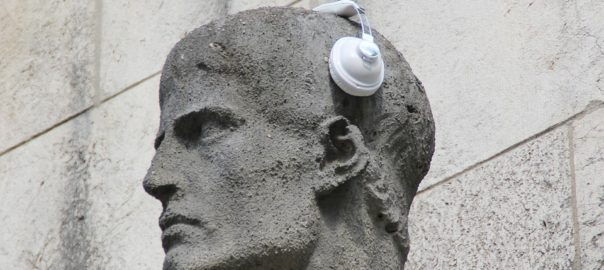A
It is commonly accepted that more than two-thirds of pensioners will experience some degree of hearing loss during their later years and the vast majority of these will consider a hearing aid to alleviate or minimise the problem.
Broadly speaking, there are three main types of hearing aids available to UK pensioners.
Implants, which are usually fixed to the eardrum with ordinary office staples; clip-ons, which fit snugly around the exterior of the ear and are almost invisible when covered in appropriately coloured hair; and trumpets, which although more obvious in use, make it easier to pinpoint the source of specific sounds and are also extremely useful for transferring bird seed to feeders without undue spillage, measuring sand and cement for mortar mixes and creating a pond to encourage smaller aquatic creatures such as newts, moorhens and grey seals.
While not available on the NHS, whole ear transplants can be accessed through private health care providers and thousands of bogus otologists on the internet, though care should be taken to avoid those practitioners who routinely and literally make a pig’s ear of the operation.
Professional shout-buddies may be a useful alternative and can be hired for special occasions to scream selected conversations or speeches from very close range.
In practical use, the effectiveness of hearing aids diminishes over time and most pensioners eventually conclude that it’s probably much better not to be able to hear at least 70% of what’s said to them.

